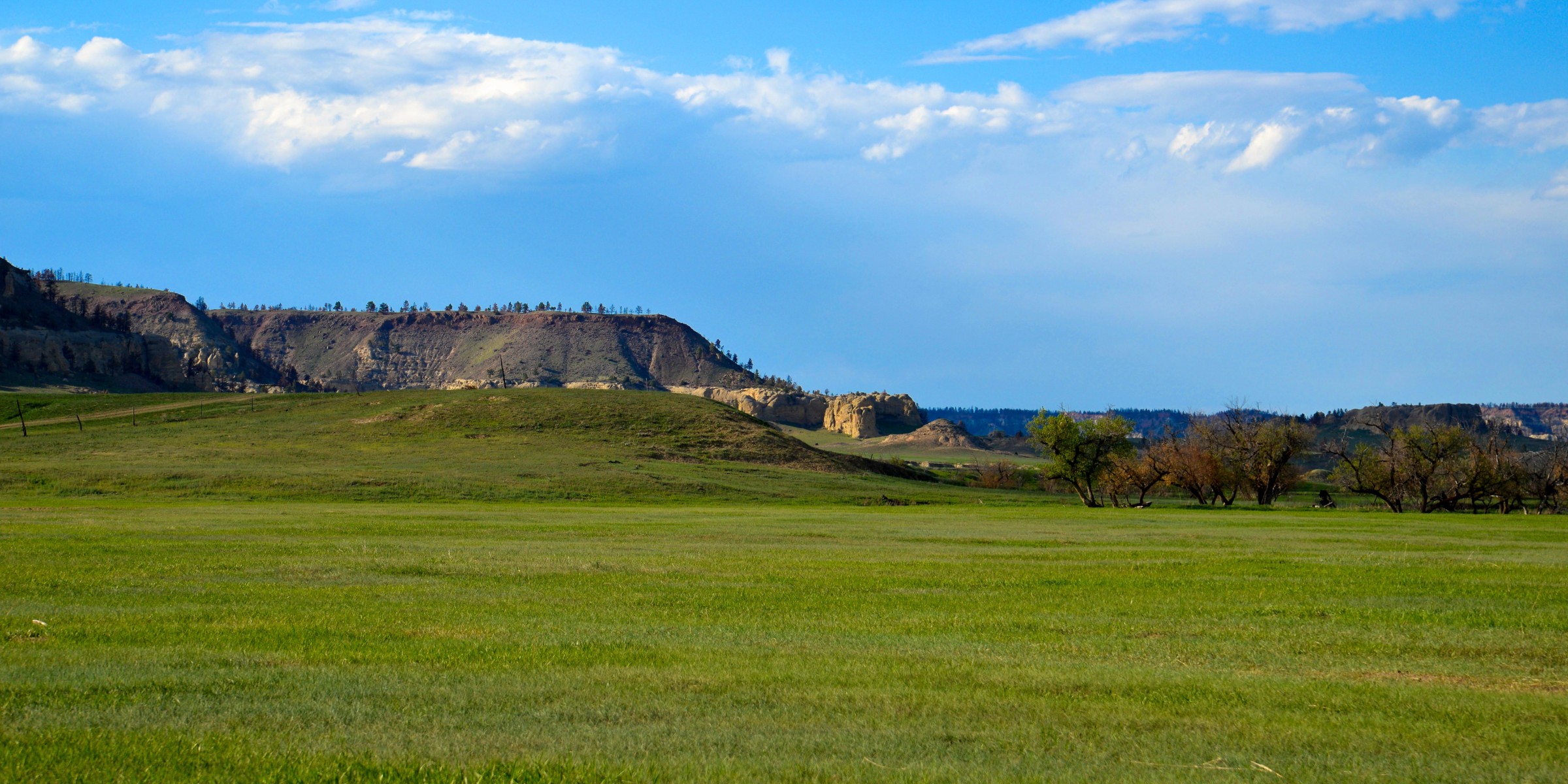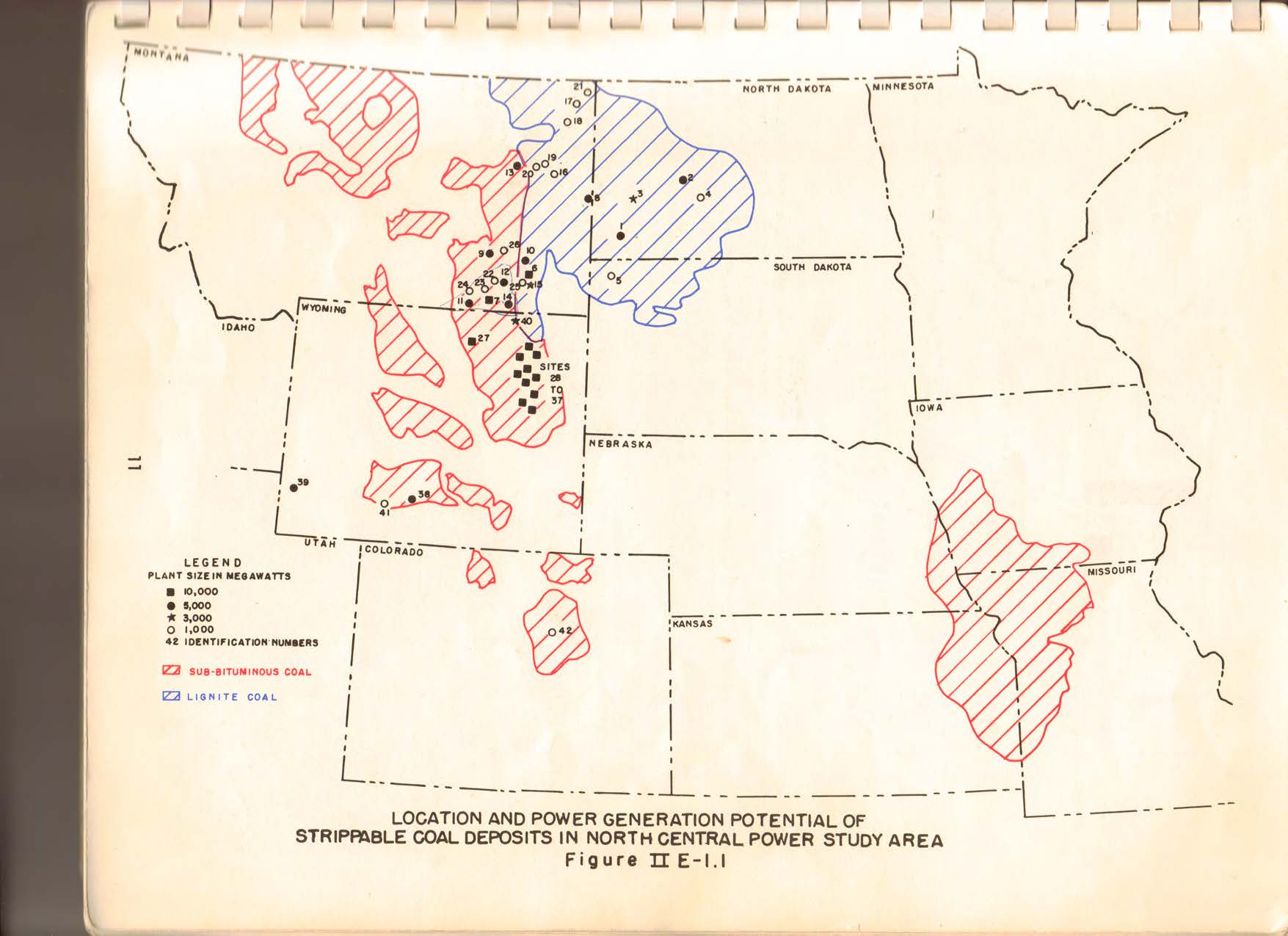Last Stand At Rosebud Creek

“We don’t have a right to ask whether we’re going to succeed or not. The only question we have a right to ask is ‘what’s the right thing to do? What does this earth require of us if we want to continue to live on it?’” Wendell Berry.
If you want to understand the history and politics of coal in Montana you should read Last Stand At Rosebud Creek by Michael Parfit.
The book is about coal. It is about people. It is about power. It is a compelling and quick read. But what Michael Parfit couldn’t know when he wrote it back in the late 1970’s is that the Coal Wars did not end with the building of the coal fired power plant in Colstrip, Montana. He couldn’t know that almost 30 years later, we would be fighting a similar fight in the same country but this time with dire global consequences if we lose. He couldn’t know that the same people who had fought to protect their livelihood, their land and their water in the 1970s and 1980s, namely the Northern Cheyennes and ranchers, would be still be fighting the coal industry in their attempt industrialize the last best place of the last best place.
In 1971, the United States Department of Interior published a thick book called the North Central Power Study (NCPS). The NCPS forecasted that by 1980 the area would produce 50,000 megawatts of power generated by coal strip mines near each plant and by the year 2000, it would generate 200,000 megawatts, power to be sent both east and west. The power would be generated by 42 mine-mouth plants, most all of them in the Powder River Basin (as seen below in the NCPS map).
And as the saying goes, them’s fightin’ words. The publication of the NCPS galvanized the ranchers and the Cheyennes to fight for their land, their water, their culture and their livelihoods. Last Stand At Rosebud Creek tells their story through the eyes of 18 people.
“We know beyond a shadow of a doubt the Northern Cheyenne people, as with the gold in the Black Hills, as with the buffalo, so now with the coal in the Powder River Basin, are asked to offer ourselves up as the first sacrificial victims to this unwarranted invasion upon our land.” Bill Parker, Northern Cheyenne tribal member, 1974
I could easily summarize the book for you. About how the ranchers and the Cheyennes fought off the most extreme plans in the NCPS but also how they lost when coal fired power plant at Colstrip was built. But I’d rather you read it for yourself because it’s important to hear it from the people who fought then and are still fighting for their way of life.
The story told in Last Stand at Rosebud Creek isn’t done. We have proposals for new massive greenfield coal mines (Otter Creek) and new coal infrastructure (Tongue River Railroad) but we also have decision makers in the federal government who are continuing to lease out millions of tons of the public’s coal, completely ignoring the impacts of their actions on climate change and how climate change is already impacting our environment and economy. As Wendell Berry said, we don’t have the right to ask whether or not we will succeed.
There are a lot of old jokes about the code of the West. And it is true. There is a definite sense of propriety, and it is hard to explain, but there are things that you do and things that you don’t do. And that’s part of what we’re fighting for. We’re all convinced that the thing we’re doing is the right thing to do. But if we use the same tools that the energy companies use, then we’ve lost the battle. Because the rules they operate under aren’t compatible with openness and frankness and honesty, like we’re used to doing. People will come from an energy company and they’ll tell you something, and you’ll believe it. And hell, it’s not the truth; it’s merely expediency. And yet if we understand the situation and if we deal that way too, then most of the things we are fighting for, which is a way of life, are already lost.
There is a weariness in his voice, a weight of pessimism. Caught by that mood, I ask the natural question: Do you really think, given all the power, the money, the historical momentum that stands behind coal development, behind the power plant, that there is much hope of stopping it where it stands?
He studies his cigarette and stubs it out. A last small puff rises from the ashtray and dissolves gently in the air.
“Yeah,” he says eventually. “I think there’s a chance of stopping it.” His voice is still quiet, but it is quiet now because he seems to be restraining it, not because he is tired. His narrow eyes flick over to me again.
“Yeah,” he says. “I’m going to give her a whale of a fling.”
– Wally McRae, Last Stand At Rosebud Creek

